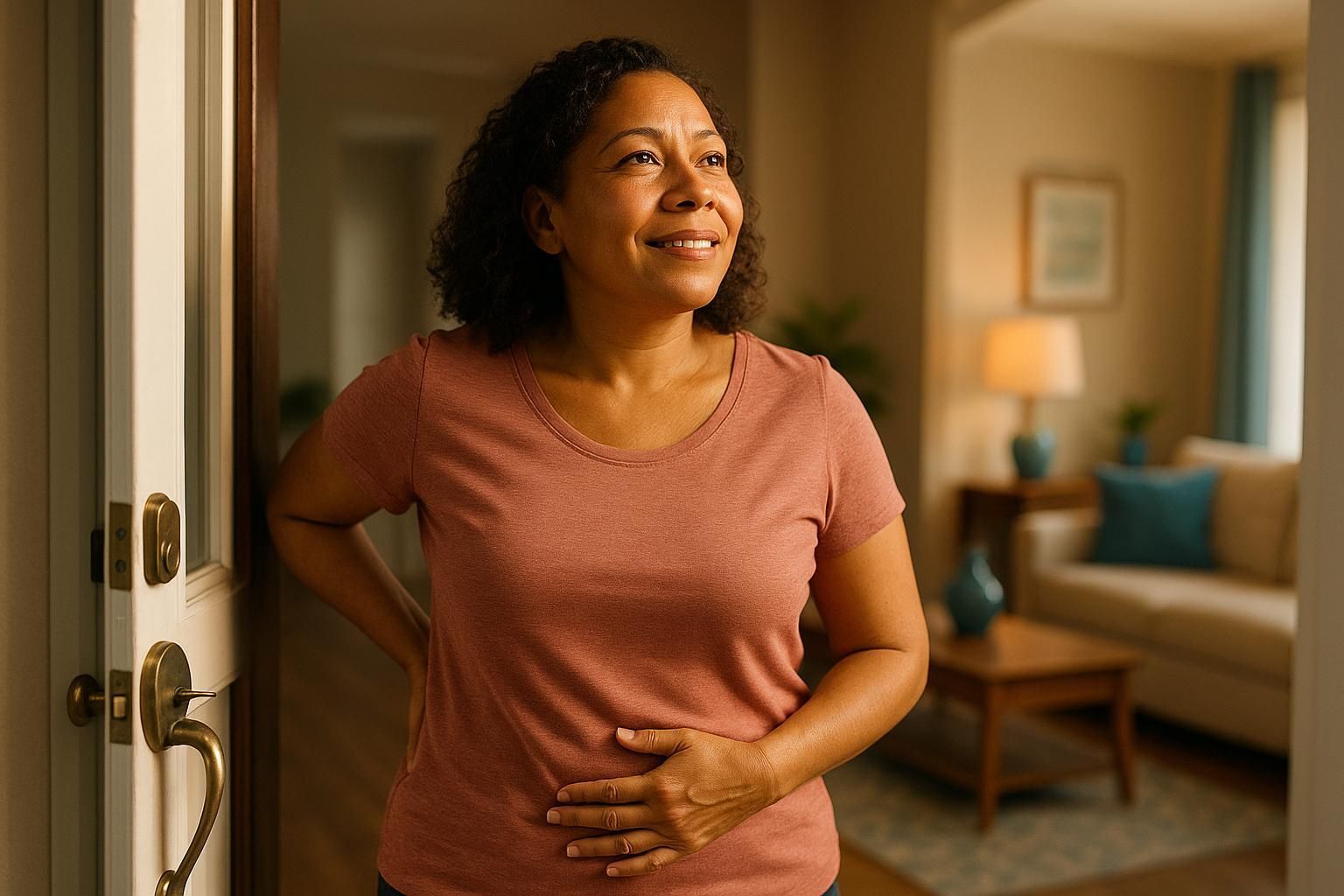Understanding Diverticulosis and Diverticulitis
Introduction: The Basics
Diverticulosis and diverticulitis are conditions affecting the colon (ie large intestine), and this blog will help you understand the differences. Diverticulosis refers to the development of small pouches (diverticula) in the walls of the colon. Diverticulitis occurs when these pouches become inflamed or infected. Below you will read more about these disease processes, risk factors, and symptoms to look out for.
What is Diverticulosis?
Diverticulosis is very common, particularly in the United States. It occurs when weak spots in the colon's muscular walls bulge outward, forming small pouches. It usually occurs in a portion of the colon called the “sigmoid colon” which is located in the left lower abdomen, but they can occur anywhere throughout the large intestine. Anyone can develop diverticulosis, but certain factors increase the risk, such as aging, a low-fiber diet, and a sedentary lifestyle. Low fiber diets and genetics are the two biggest reasons why someone develops diverticulosis. Often, individuals with diverticulosis don't ever experience symptoms.
Who is at Risk?
Understanding the risk factors for any disease process is the key to prevention! The biggest risk factor (that we can do something about!) is a low fiber diet. Americans do not eat nearly enough fiber in their diets and very few take a fiber supplement to make up for what we’re not getting in our food. Genetics can also play a large role. Lastly, obesity, lack of exercise, and smoking can play a part in developing diverticulosis. By recognizing these risk factors, you can take proactive steps to minimize their chances of these diverticula becoming inflamed, aka developing diverticulitis.
Recognizing Symptoms of Diverticulitis
Diverticulitis symptoms can range from mild – which may require no treatment at all - to severe – which may require hospitalization and emergency surgery. The most common symptoms is abdominal pain, usually in the left lower abdomen. Signs that it may be more serious include severe abdominal pain that does not go away, pain all over your abdomen (not just on the left side), fever, nausea, vomiting and changes in bowel habits. In more severe cases, complications such as abscesses or perforations (bursting of the diverticula) may arise, requiring immediate medical attention. The sooner these symptoms are addressed, the less likely you will need emergency surgery.
Conclusion: Empowering Through Awareness
Understanding diverticulosis and diverticulitis empowers individuals to make informed choices about their health. By adopting a high-fiber diet, staying physically active, and managing risk factors, one can improve digestive health and reduce the likelihood of these conditions occurring.
Remember, if you experience persistent abdominal pain or notice changes in bowel habits, consult with a healthcare professional for proper evaluation and guidance.
SHARE ARTICLE:
SEARCH POST:
RECENT POSTS:






